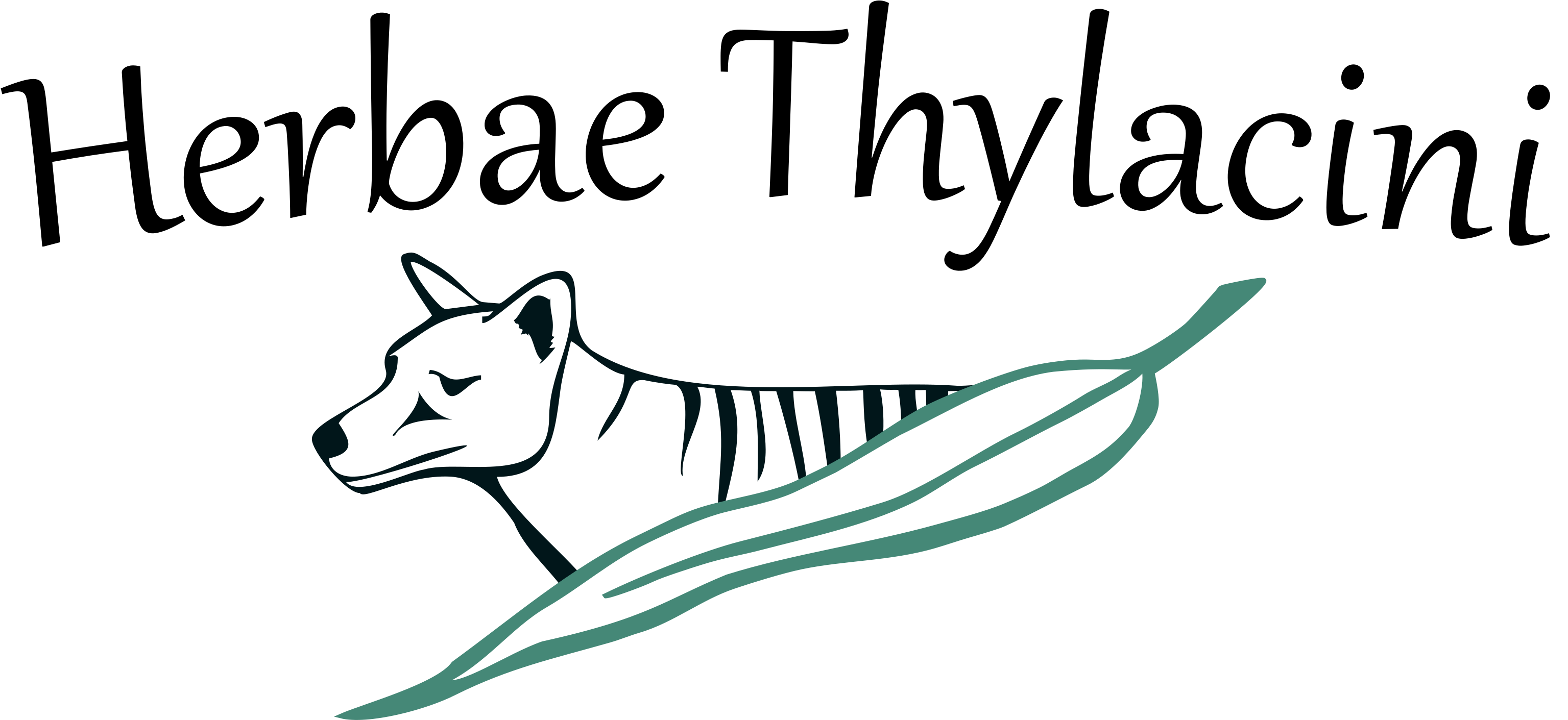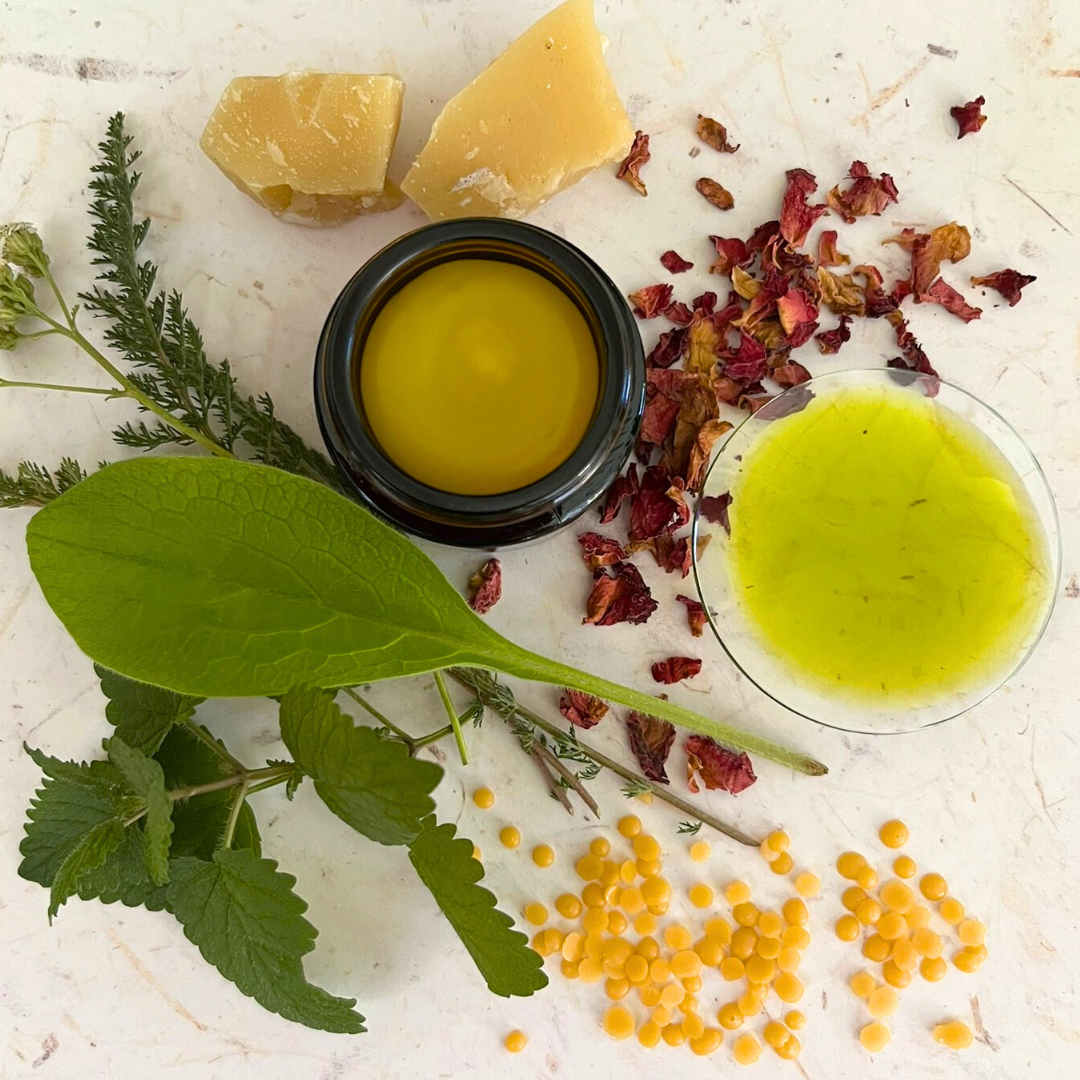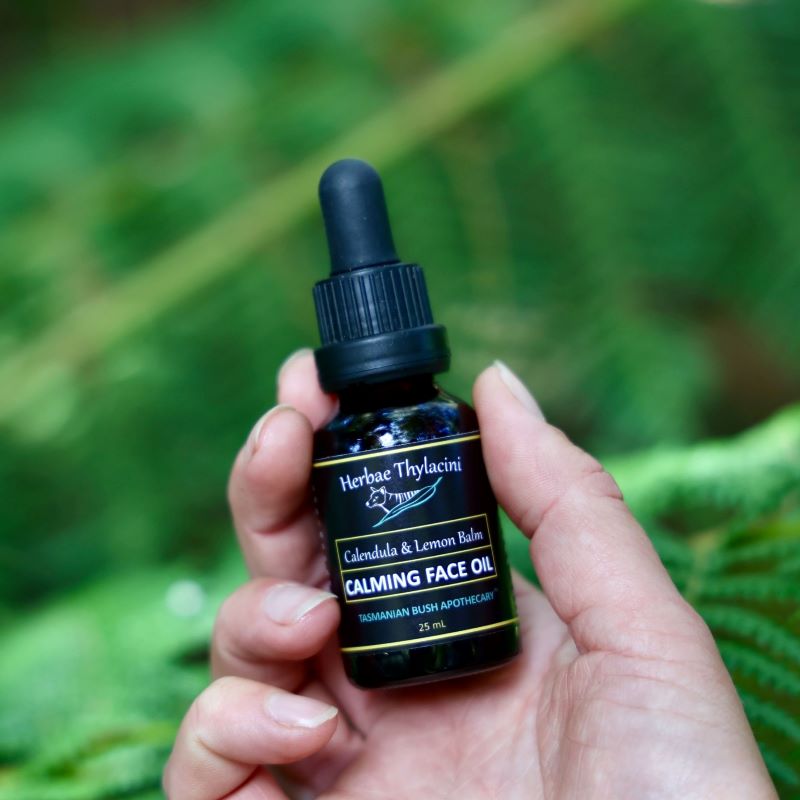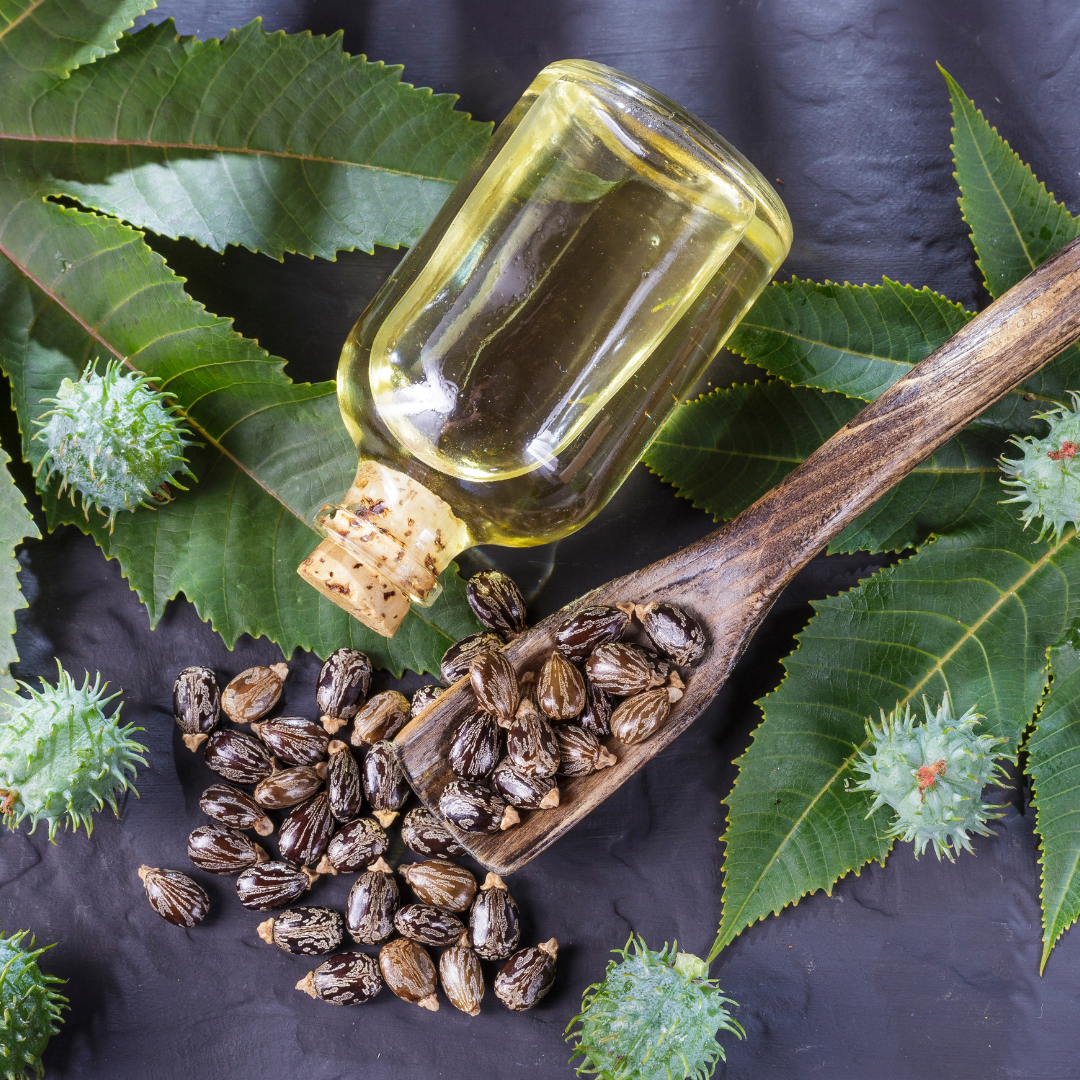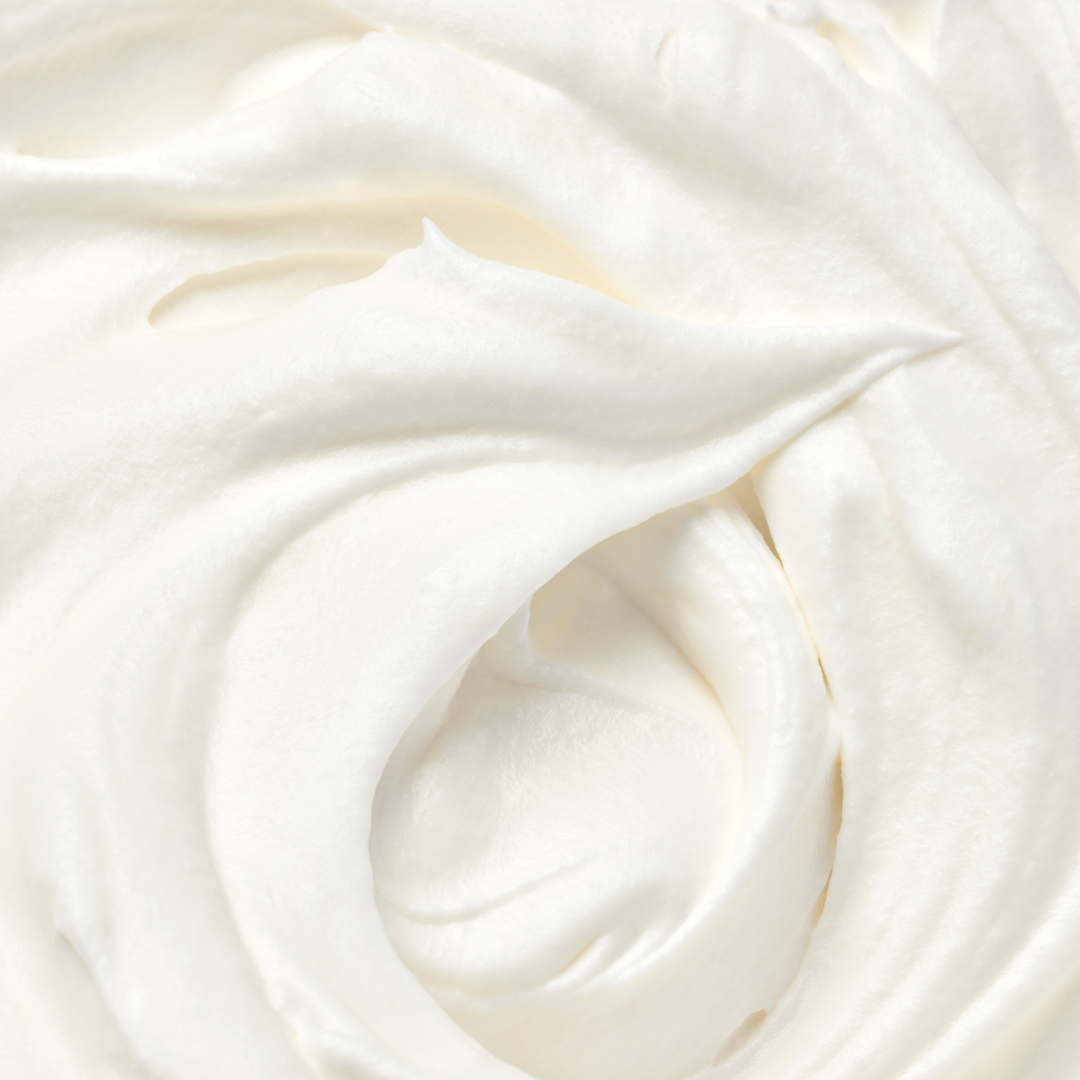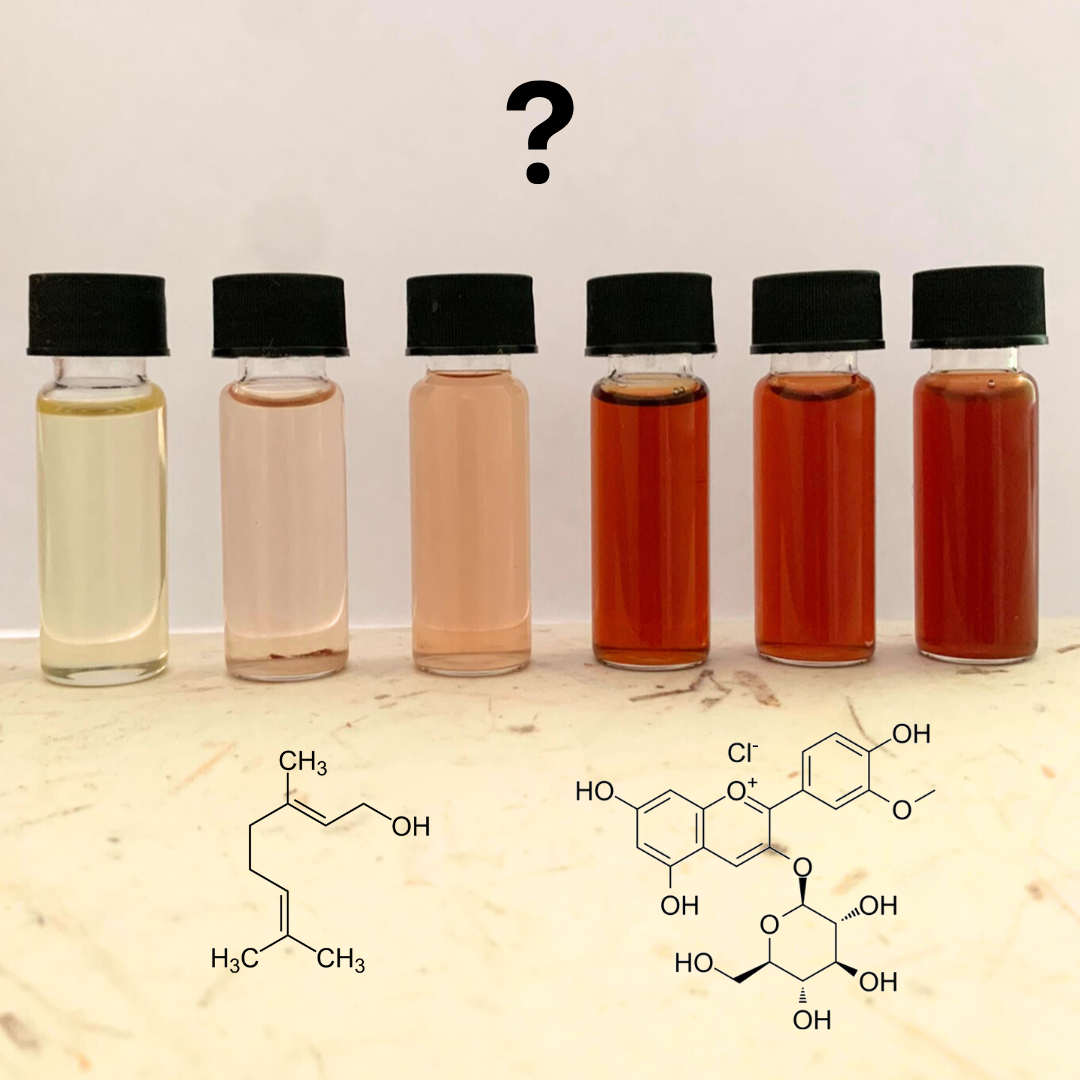
4 reasons folk herbalists should NOT disregard herbal science
There is no such thing as a simple definition of science. It is one of the ways of acquiring knowledge. In the Western culture, science has been extremely successful at establishing itself as the most prevalent way of acquiring knowledge. The most prominent feature of science is an experiment, which sets it apart from pure empiricism. Next to its methods (which partly constitute its definition), science has its own history, philosophy and sociology.
Scientism is the way of thinking that science is the best and/or the only way of acquiring knowledge. To me personally, this assumption is blatantly wrong. And I am not the only one, who thinks so.
Science in traditional herbalism
Science is being criticized by many traditional, folk and grass-roots herbalists. Scientists are considered arrogant and narrow-minded, because many of them practice reductionist science and/or can’t see past their own narrow expertise. (Well, fair enough.) Additionally, science has been blamed for the current state of our society. For example, chemistry has been equated with pervasive pollution and toxicity (which is kind of ridiculous). Less ridiculous is the fact that science has been instrumental to colonialism and helped fuel the rise of capitalism. However, it is perhaps more apt to view science as a mis-used tool rather than the foundation of world’s inequality.
University programs teaching science-based herbalism and naturopathy present scientific knowledge from two main angles:
- Information gained via scientific investigation across a wide of selection of units, ranging from anatomy to biochemistry.
- Principles of science itself, with a focus on interpreting clinical studies.
All this knowledge is very important but can only ever be truly useful when placed within a context. Unfortunately, context-based learning is not universities’ superpower.
As a result, students of science-based herbalism often leave their studies feeling disillusioned about the way they are expected to practice herbalism. They either deem science directly unfit for their practice of herbalism or invite it into their practice only where it fits their wellness narrative.
“Herbs are so much more than science, chemistry or biology can ever describe“, they say.
And I hear them.
I hear you, too!
The need to cultivate connection with plants beyond what scientific studies present is very real. It is encouraging to see the shift in Australian herbal education towards holistic and relational learning (if “only” in the non-academic environment). But are you handicapping yourself as a traditional herbal practitioner or a folk herbalist by dismissing science in your herbal practice? I believe so, and here are a few reasons why.
1. You can only change the status quo, if you understand what it entails and what are its ramifications.
The future of humanity and herbalism alike lies in unity. We have to start stitching the tiny bits of knowledge back into a contextual fabric of wisdom. However, systemic changes take a long time (decades or even centuries). We are unlikely to dispose of one system and return to what we deem “the good ol' ways”; the future is not the past. The only way forward is to fuse the knowledge of both, traditional ideals and modern knowledge and philosophy.
2. Reading a scientific study is so much harder if you don’t understand science language.
You will not avoid reading scientific studies, or by the very least their media interpretations. Media and science operate on different levels. If you want to understand what a scientific study claims, you must read the study, not a media outlet. Without the knowledge of science language, you are extremely exposed to cognitive bias and cherry picking while reading and interpreting scientific studies. Furthermore, you are more likely to make these three common mistakes:
- Read only the study’s abstract.
- Read only one published article on any given topic.
- Skipping the “Methods” section.
3. Herbal science reaches far beyond clinical studies
Naturopaths and science-trained herbalists are moderately-well equipped to read meta-analyses, systematic reviews, and to evaluate randomized control trials or cross-sectional studies. In my experience, naturopaths equate evidence-based medicine with science, but believe me, science has so much more to offer than the hierarchy of clinical evidence. Analytical chemistry, molecular biology or plant neurobiology are all areas of herbal science that are part of its bigger picture.
4. Chemistry knowledge is one of the cornerstones of herbal medicine making
My area of herbal science expertise is analytical chemistry, i.e. the field that explores what matter is made of. Matter can be the air we breathe or the plants we work with as medicine.
Contemporary herbal medicine making is embedded in chemistry and based on the chemical constituents paradigm, i.e. “Plants contain chemical constituents that have physiological effects on our bodies.” This is a solid and powerful paradigm and one that is difficult to ignore.
Especially if your herbal practice is embedded in grass-roots herbalism and is reliant on crafting your own herbal medicines, you will require some chemistry knowledge to understand how to make effective herbal medicine. Furthermore, your knowledge of chemistry will protect you from making oversimplified or outright wrong claims about your medicines.
Same goes for calculations. While making your own herbal medicine, you will require arithmetic and basic algebra to calculate how concentrated your extracts are, how to dilute them, or how to calculate their equivalency. On top of that, basic knowledge of probability and graph interpretation will help you navigate through scientific literature.
Courses in herbal science and herbal medicine making
I am eager to contribute to the herbal education of future (and present) generation of holistic herbalists by sharing my knowledge of the above in an engaging and contextual manner, and to increase science literacy and competency, which will enable you to navigate published literature and claims with ease.
At the moment I offer two online classes, that explore herbal science: Herbal Extracts in Natural Skin Care and Analytical Chemistry and Calculations for Herbalists.
Additionally, I am preparing another class with a working name “Foundations of Critical Inquiry for Herbalists or Navigating Herbal Science”. If you are interested in either (or all) of the classes, get in touch with me and I will send you more information, make sure your name is on the waitlist and that you will get notified when the classes will go live.
Kaja
